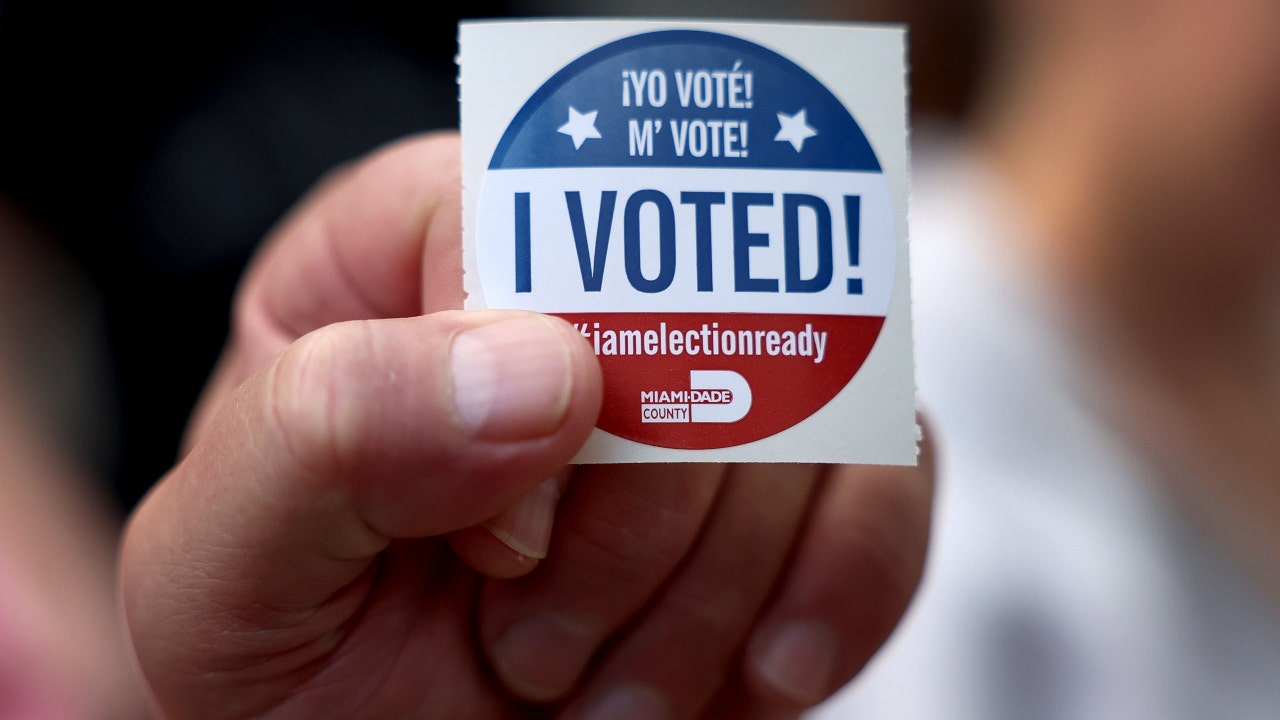Opponents of California Prop 32 praise its failure

Opponents of a defeated California proposition to raise the state’s minimum wage are applauding voters for rejecting a measure that they claim would have led to higher inflation. Proposition 32, which aimed to increase California’s minimum wage to $18 per hour, was narrowly defeated as only 49.2% of voters supported the proposed hike. The current minimum wage in the state stands at $16 per hour, with fast-food restaurants with 60 or more locations already required to pay their employees at least $20 per hour.
Republican State Sen. Brian Jones, the minority leader in the upper chamber, emphasized the negative economic impacts of raising the minimum wage, stating that it would ultimately drive up inflation and unemployment, hurting workers and families. He commended Californians for rejecting Prop 32, citing the importance of financial stability amidst rising costs.
Business groups, including the California Chamber of Commerce, California Restaurant Association, and California Grocers Association, opposed the measure, arguing that high labor costs would disproportionately affect small businesses. Chamber of Commerce CEO Jennifer Barrera highlighted the economic and personal costs associated with the proposition, which resonated with voters.
John Kabateck, the California director for the National Federation of Independent Business, expressed concerns that raising the minimum wage during a period of inflation would exacerbate economic challenges for residents already struggling. He emphasized the affordability aspect that influenced voters’ decisions, noting that a higher minimum wage would not necessarily improve their financial situations.
Prop 32 was introduced by entrepreneur Joseph Sanberg, an anti-poverty advocate and investor in Blue Apron. Sanberg argued that the pandemic had heightened awareness of the financial struggles faced by many Californians, with the cost of living outpacing wage increases. However, critics like Jones dismissed the measure as a “publicity stunt” and accused Sanberg of misleading Californians with false claims about the benefits of the wage hike.
Despite Sanberg’s efforts to promote Prop 32, voters ultimately rejected the measure, signaling a disconnect between policymakers in Sacramento and the challenges faced by small business owners and residents. Kabateck questioned the true cost of a minimum wage increase, urging a closer examination of the potential consequences before implementing such policies.
In conclusion, the defeat of Proposition 32 in California underscores the complex considerations surrounding minimum wage hikes and their impact on the economy. While proponents argue for higher wages to alleviate financial burdens, opponents caution against the unintended consequences, such as inflation and unemployment. Moving forward, policymakers must carefully weigh the pros and cons of wage increases to ensure a balanced approach that benefits workers and businesses alike.




